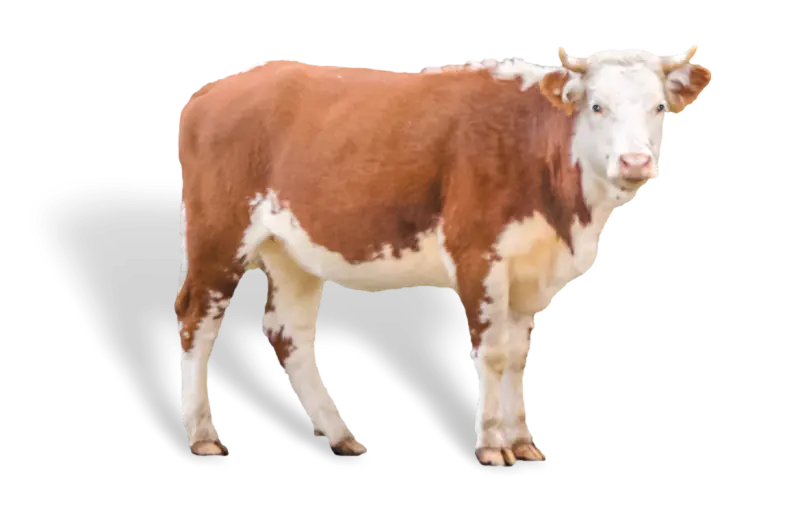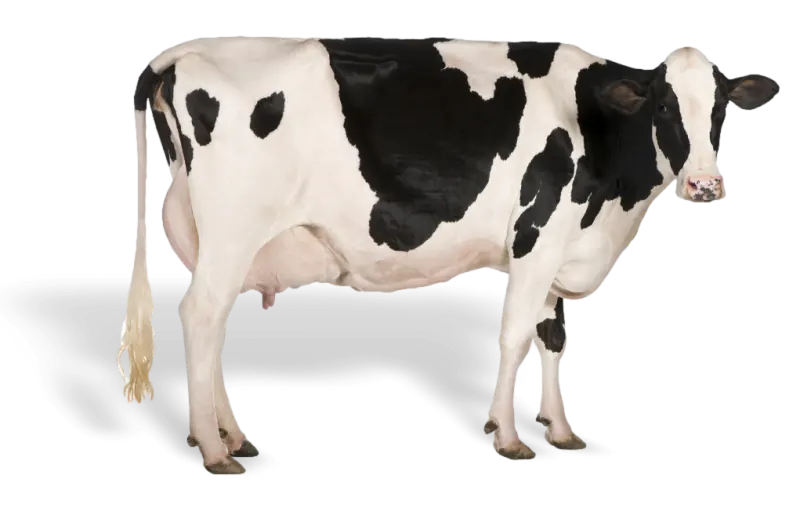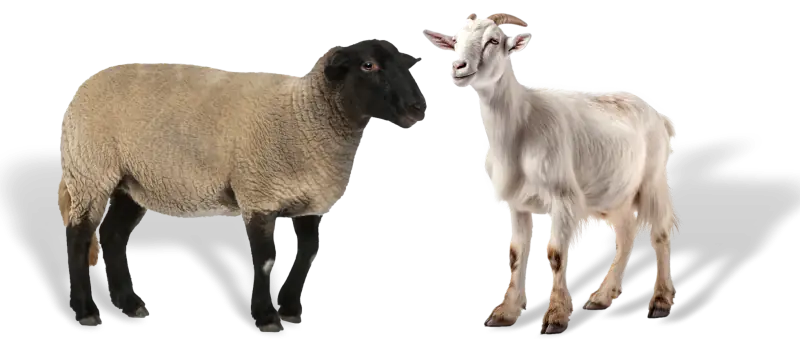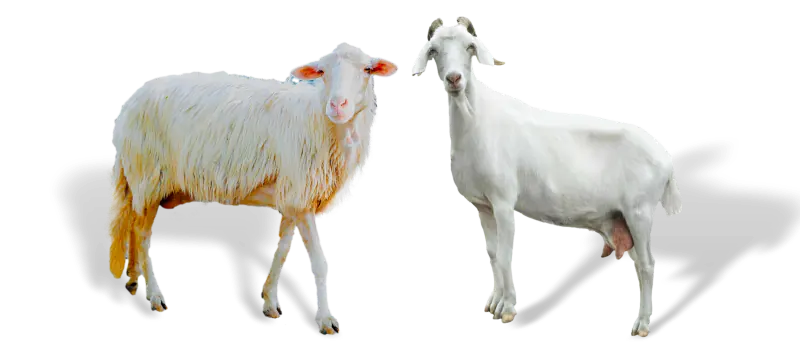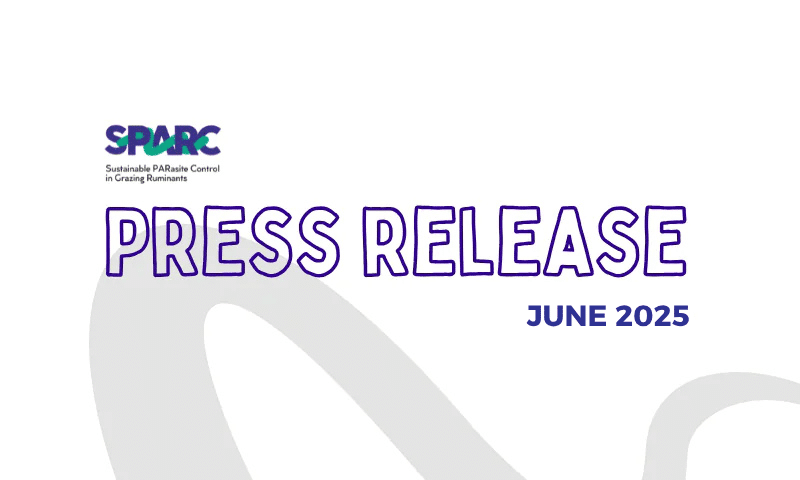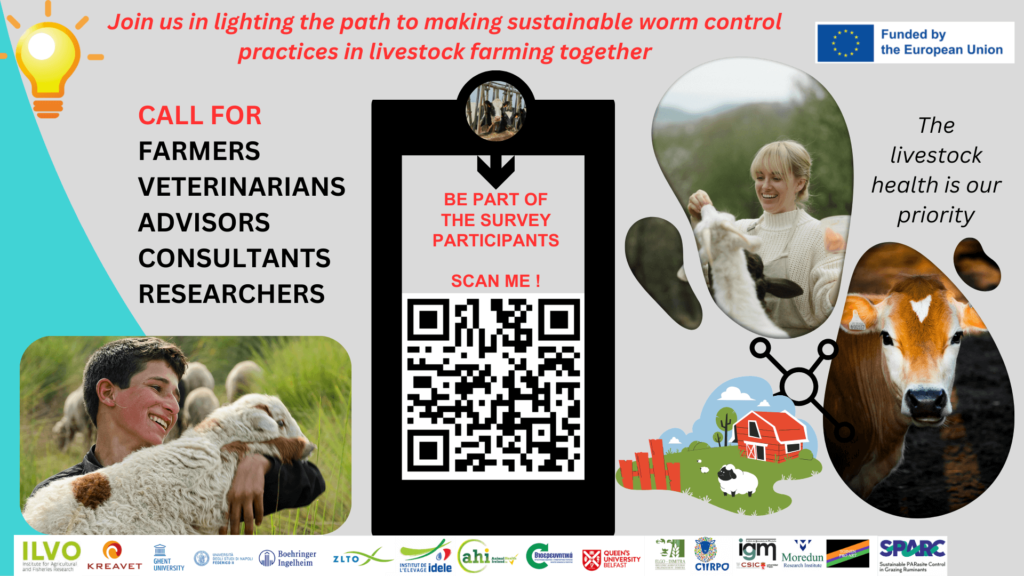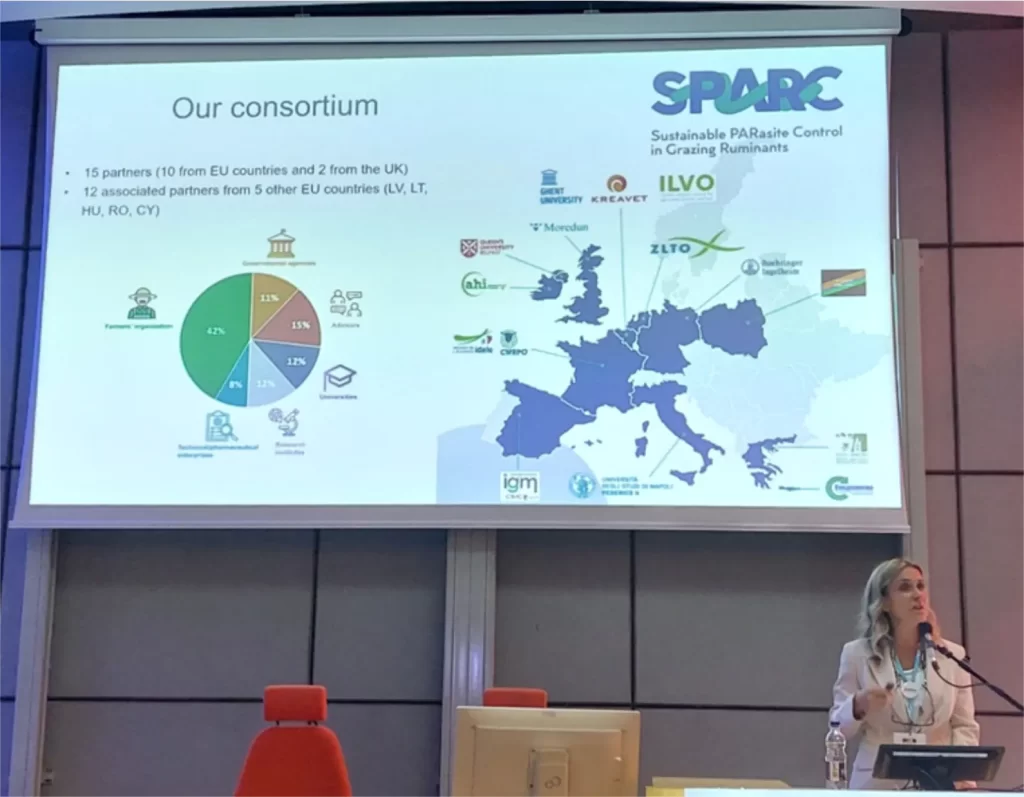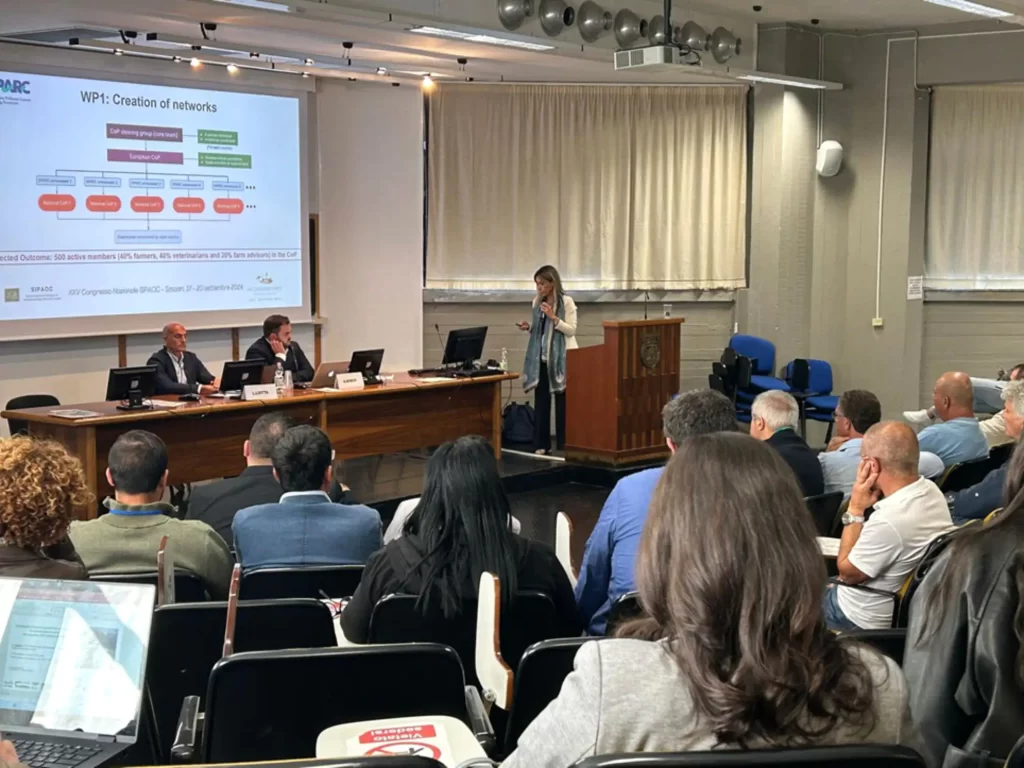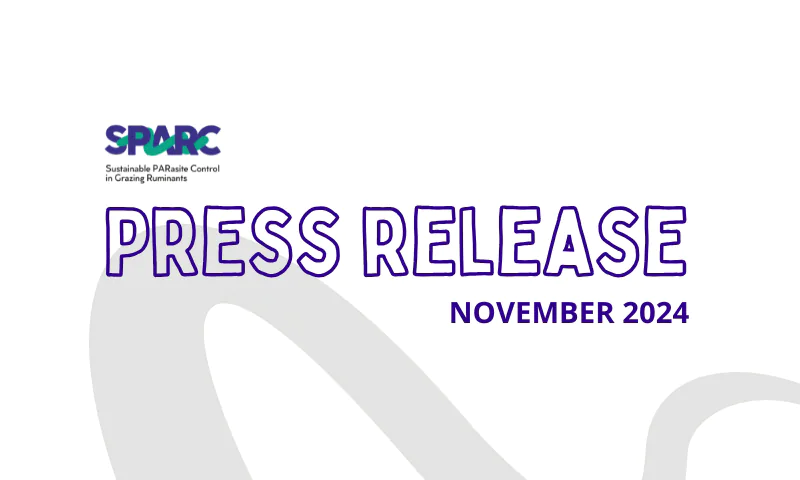Lighting the Path to Sustainable Parasite Control
the project
Worm Control
SPARC aims to develop a European, multi-actor Community of Practice of sustainable worm control strategies in ruminants to curb anthelminitic resistance and aid in the green transition of European agriculture.
Knowledge hub
News

May 2026: A Season of Steady Progress
Clear direction, measurable growth, lasting impact
Events
December 22, 2025

SPARC contributes to EU report on AMR
Updates
December 18, 2025

Don’t Miss It: Anthelmintic Resistance in Small Ruminants – Live Webinar, November 28, 2025
Updates
November 25, 2025

Online SPARC EU Webinar Video
Watch now the webinar video
Events
March 25, 2025


